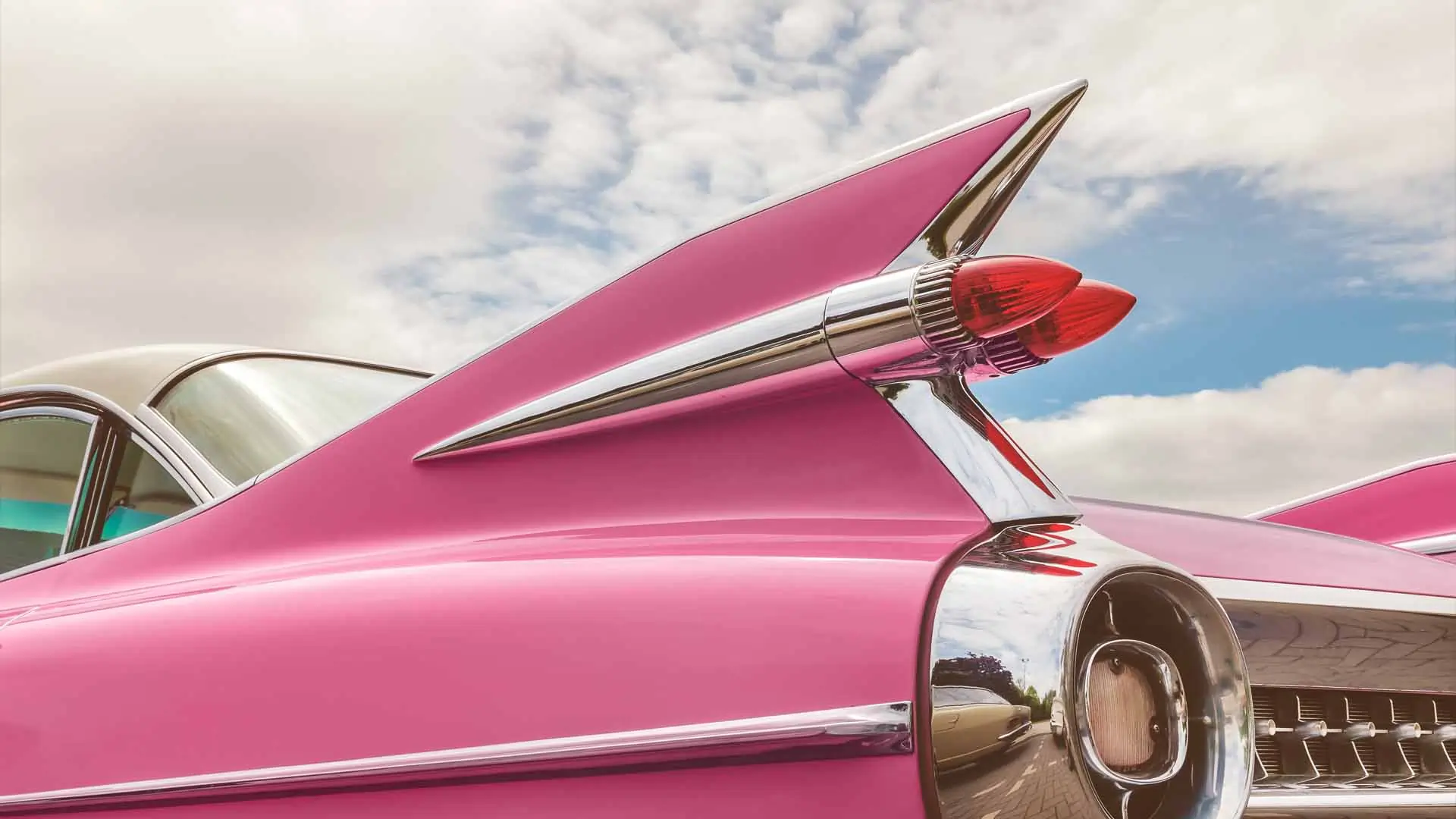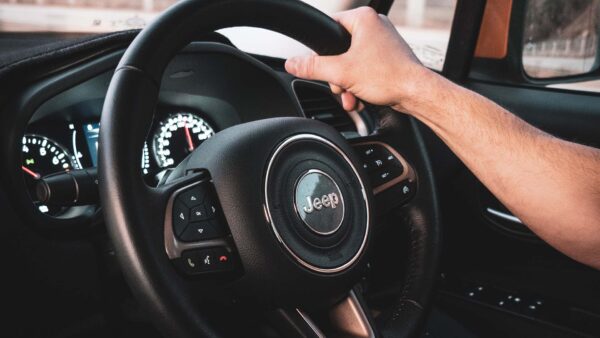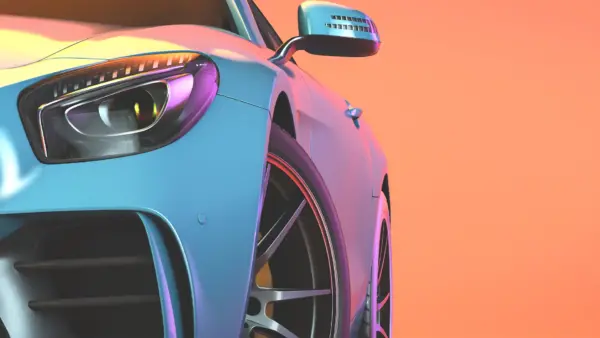Whether you found it on the internet, inherited it, or finally fixed it up enough to get it out of the garage, your classic car is special to you, and so you want to make sure it’s protected. There are certainly insurers that will ballpark the value of the vehicle for you, and insure it for that amount, but if you want to be covered for all the blood, sweat and tears you put in, you’ll need a professional appraiser who can properly assess the true value of the vehicle, in its current condition.
Not only is an expert appraisal essential for the buying and selling of a classic car, it can also qualify you for a higher level of insurance coverage if you’ve taken the time to make sure your classic automobile is in tip-top shape.
How do I find a professional appraiser I can trust?
There are many people out there who claim to be appraisers and to know everything there is to know about classic cars, and unfortunately in Ontario there are no government regulations covering the vehicle appraisal industry. So finding a reputable appraiser can sometimes seem like a game of chance. PAVE is a non-profit organization that qualifies, licenses and insures vehicle appraisers.
So how do you go about finding an appraiser with the integrity and expertise required to conduct a professional and reliable evaluation of a classic, or vintage, vehicle? What is it you should be looking for?
1 – The appraiser:
The first thing to do is to visit a reputable vehicle appraisal site like PAVE to obtain information on qualified appraisers in your area, and learn about their background and areas of expertise. Your appraiser should be prepared to knowledgeably discuss the particulars of your vehicle and honestly present their qualifications with respect to the type of appraisal required.
That’s right. There are different kinds of appraisals:
- Insurance appraisals
- After-loss appraisal preparation to resolve disputes between an insurance company and the owner of the vehicle
- “Expert Witness” support when there are disagreements as to the cost and quality of restoration workmanship, as well as vehicle authenticity
- Claims for value diminution – having knowledge of the complex calculations behind “diminished value” after the vehicle has sustained damage
Court experience is a plus, but not essential. However, the appraiser should be prepared to stand behind their work if a valuation comes into question. Choosing a PAVE-certified appraiser means they are trained, licensed, and insured.
Get an auto insurance quote in a few short steps.
2 – The appraisal:
Once you have found an appraiser you feel you can trust, the next step is to make sure the appraisal is done in person and on site. This shouldn’t be a problem when dealing with a professional appraiser. But keep in mind that if your vehicle is not inspected physically and in person, the appraisal is basically worthless to an insurance company. Just sending your own photos of the vehicle won’t cut it.
The Car Appraisal Report will only be considered authoritative if all the photos and information required are gathered by the appraiser personally. Apart from the evaluation itself, the report should include a record of any upgrades, modifications or customized features, as well as photos of:
- The exterior and interior
- The engine compartment
- The VIN number
- Any work orders, invoices, historical certificates or other documentation that might verify the origin of the vehicle
3 – The car appraisal report:
An experienced and professional appraiser should be prepared to produce and deliver a Car Appraisal Report to the insurance company on your behalf. They should also be prepared to stand behind that report in court, if necessary.
Most importantly for the classic car enthusiast, a professionally completed appraisal report will help you insure your vehicle for its full value in case of a total loss or theft. That value will be stated clearly on what is called an Agreed Value Endorsement (OPCF 19A) that often accompanies classic vehicle policies.
What is the difference between stated value and agreed value?
Many people get confused between stated value and agreed value.
Stated value merely reflects the maximum amount that could be paid in the event of a total loss. The trouble with this format is that should you make a claim for damage or loss, the insurance company has the option to pay your total loss after the application of depreciation. This is usually what happens when you make a claim on a standard auto insurance policy.
Agreed value is a guaranteed amount the insurance company will reimburse you should your car be damaged or lost throughout the entire term of your policy. This reflects the fact that classic cars don’t depreciate the way other cars do.
In order to get agreed value coverage, you and the insurance company will have to agree on the value of the vehicle before the beginning of the policy. Without a professional appraisal, the insurance company will likely only agree to a value that reflects what an average vehicle of the same year, make and model would sell for. To get the true value of YOUR vehicle, you’ll need an appraisal.
How often do you need an appraisal?
It’s a good idea to get a new appraisal on your classic vehicle when:
- You make changes to the car;
- You want to sell the car;
- Your insurance company asks for a new appraisal; or
- You want to change insurance companies
Insurance companies typically accept an appraisal up to 90 days old. Some accept appraisals up to 6 months old. That doesn’t mean they will ask for a new appraisal in the middle of your policy, but they may ask every few years. Even if they don’t, you may want to update the vehicle’s value for your own peace of mind.
Get your classic insured today!
We love cars just as much as you do, and we work with the best classic car insurers in the business. If you need insurance for your vintage vehicle, we’re your one-stop-shop. Call us today, get rolling tomorrow!
Looking for car insurance?
Speak with a Mitch Insurance broker today to get a quote on Ontario auto insurance.
Call now
1(403)8000267







